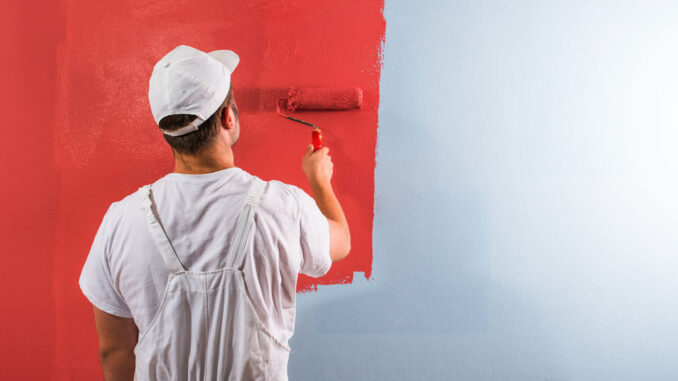
Painters require dexterity in both hands to achieve an even layer of paint, as well as strength and ergonomic expertise for equipment movement safely.
Before providing you with a paint estimate, a quality painting contractor should first visit your home to assess what supplies may be necessary. This way, they can better assess the project.
Experience
Painters are skilled artisans who use specialized tools and techniques to craft art on canvas, paper, wood or other mediums. Additionally, painters possess expertise in applying different kinds of paint to interior or exterior surfaces – whether this involves self-employment or working for construction companies, contractors or maintenance repair services.
Painter Melbourne know exactly how to get their job done quickly and efficiently, whether that means painting an individual room in your home or commercial sites. Most typically have teams of three to four painters that can finish large jobs in under a week.
Painters require excellent manual dexterity and balance in order to prepare surfaces, mix paints, work on ladders or scaffolding, assess jobs and provide accurate estimates. Price should never be the sole criterion when hiring a painter; make sure that you hire one with enough skills, experience and licensing that they can complete your task correctly.
Equipment
Painters require various pieces of equipment in order to complete their task effectively. From exterior home painting or interior wall touch ups, quality tools are key in producing results you’re proud to show off.
An effective painters toolkit should include various brushes for various purposes, including foam and wire brushes. Furthermore, a ladder may also prove invaluable in providing a successful service on high surfaces.
A sander is essential for smoothing surfaces and preparing them for painting, while masking tape should also be kept handy to prevent the painters from accidentally getting paint on surfaces they shouldn’t paint; canvas drop cloths provide additional protection to prevent staining on floors or other surfaces; fans help air circulation for faster drying times in spaces requiring high VOC or oil paints, or when working in tight quarters.
Cleanliness
Professional painters should ensure their workspace and final product are always neat and tidy, from power washing walls and trim prior to painting, scraping off loose paint, sealing surfaces with moisture barrier sealant and making sure any rust issues are dealt with first to ensure the new paint adheres well and won’t fail prematurely.
If your artwork is on canvas, a lint-free cloth should be used to remove dust particles. Oil paintings must be kept out of direct sunlight and extreme temperatures; additionally they’re susceptible to humidity damage so must be stored correctly. In some instances, varnish may need to be added for extra protection; choose carefully.
Time
An excellent painter, whether self-employed or employed, should have the ability to work efficiently without direct supervision while providing accurate quotes for jobs and completing them within their agreed-upon timelines.
Professionals should avoid taking too many breaks and leaving their job sites too late; this way, they can ensure they have enough time for a thorough job and minimize inconvenience for clients.
Due to their occupation involving climbing ladders and roofs, painters must take great care in taking care of their health. When becoming tired, they will know when taking breaks may prevent injury or poor results from their work. Furthermore, they will make sure any mess they create before leaving for the day is cleaned up before leaving; some even offer this as a service! This shows their commitment and value of your patronage!
